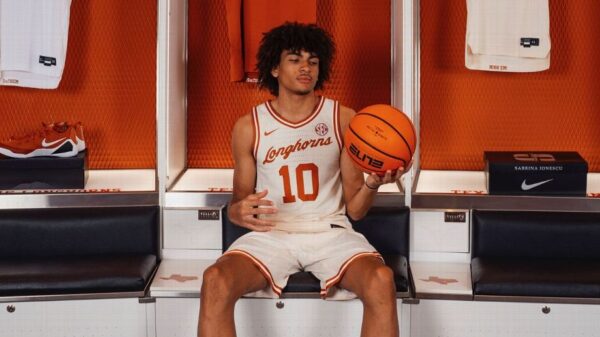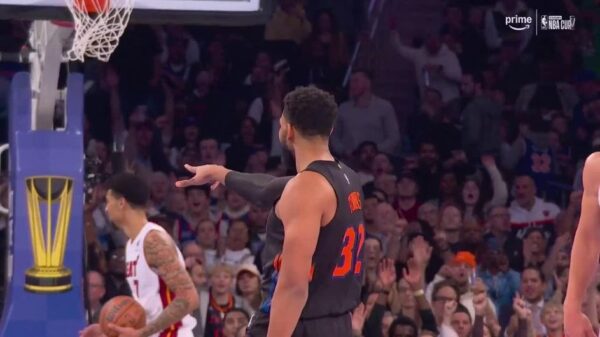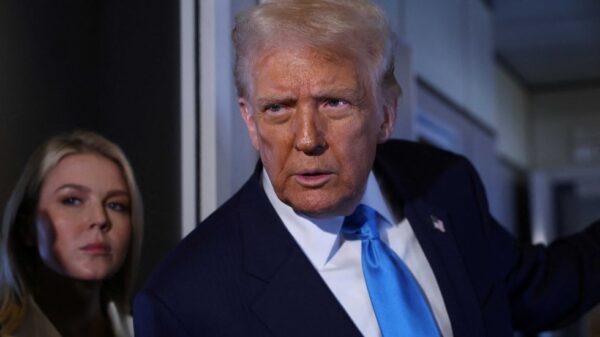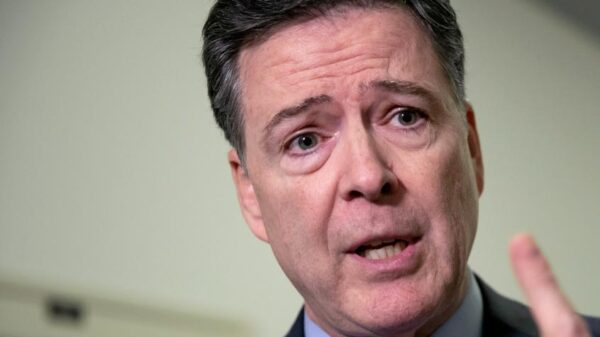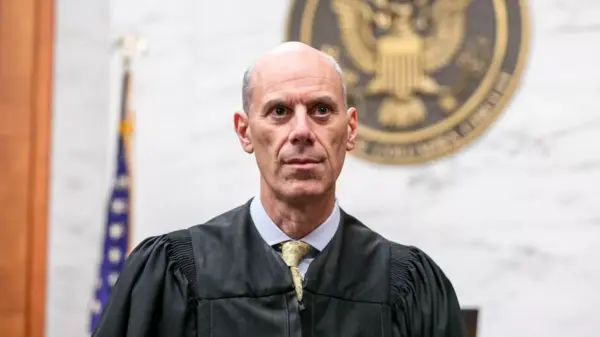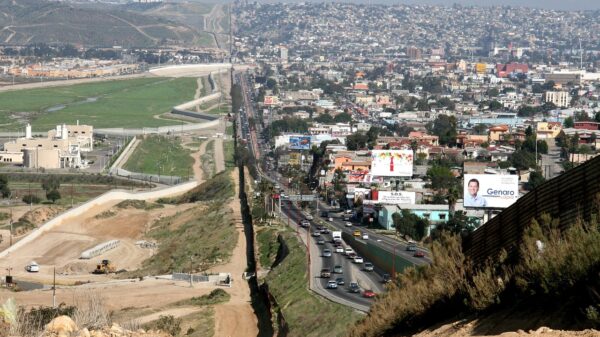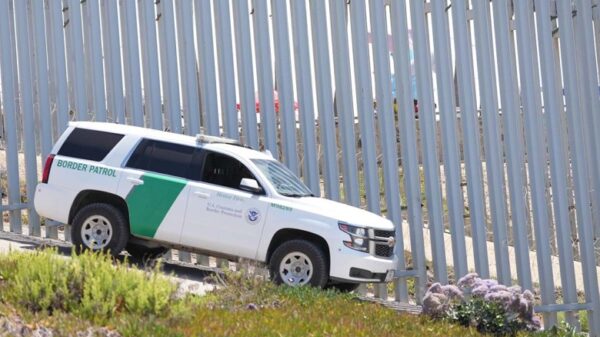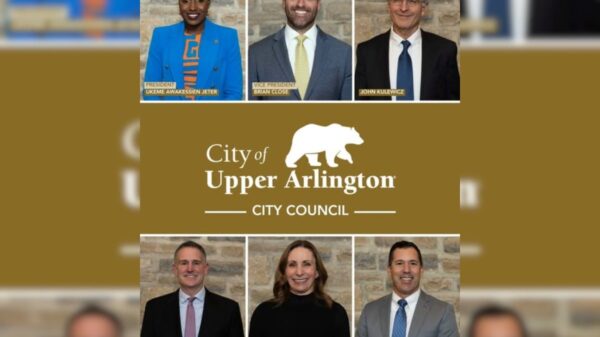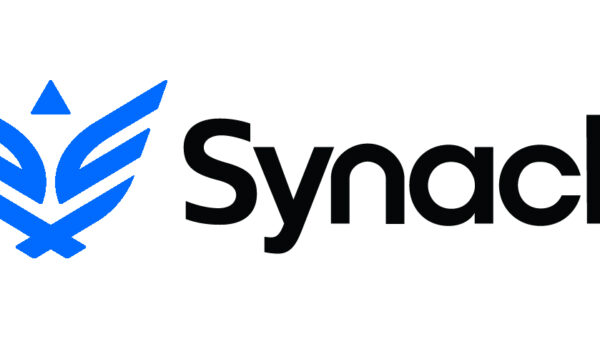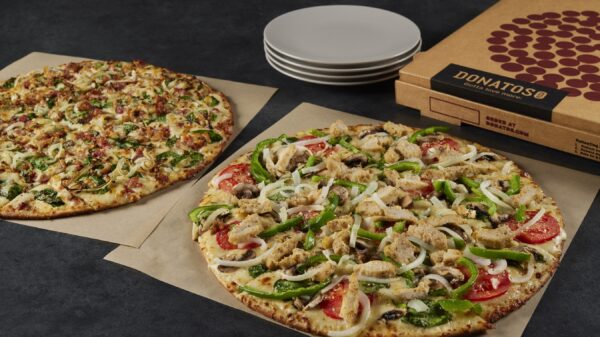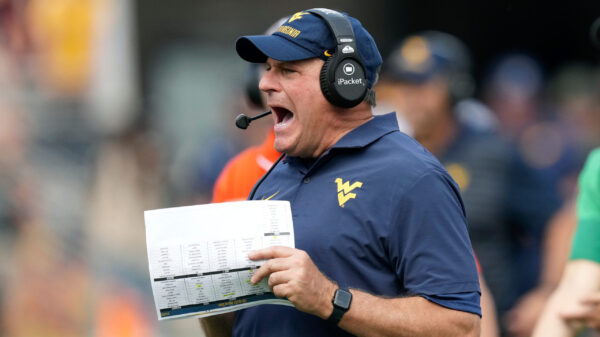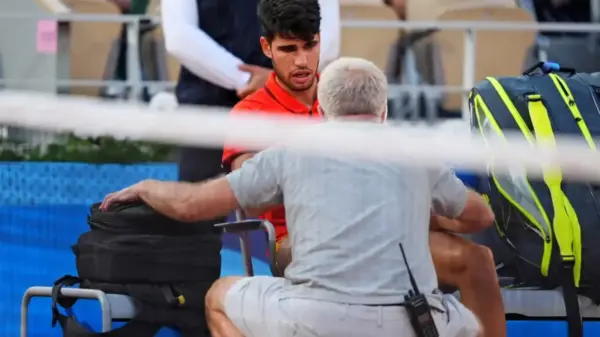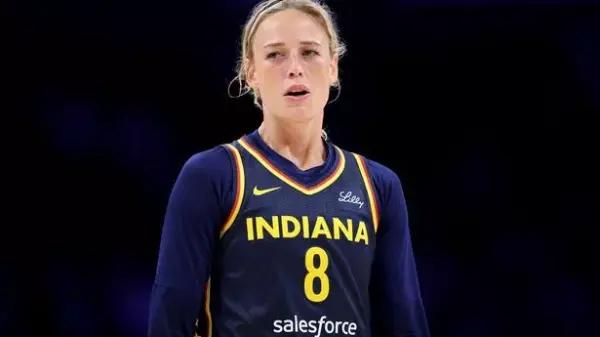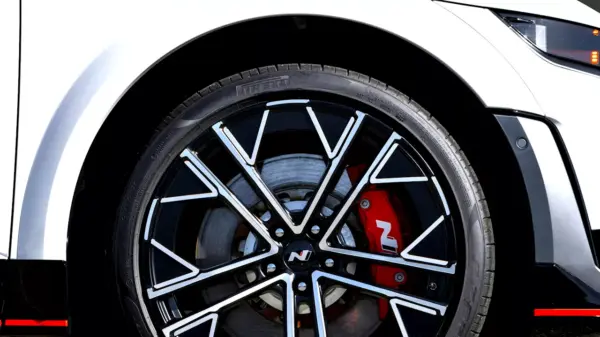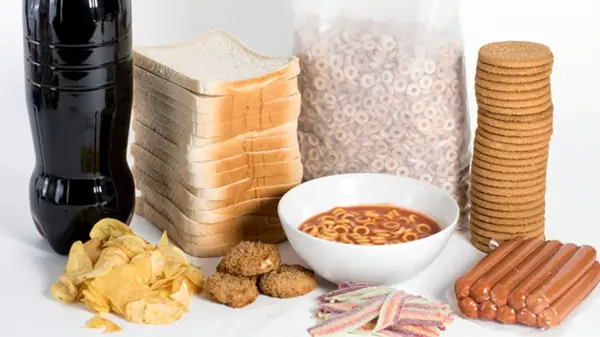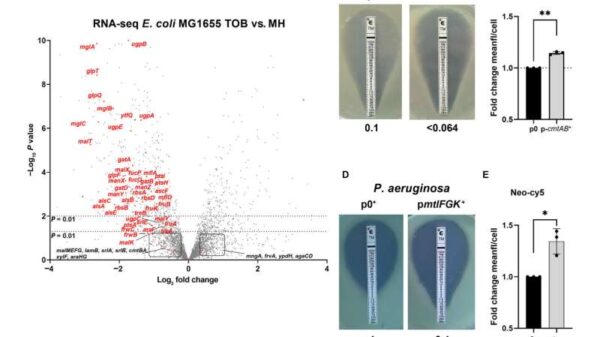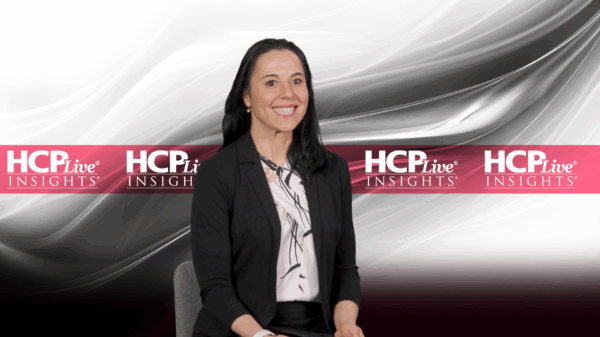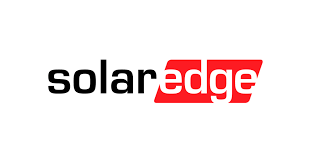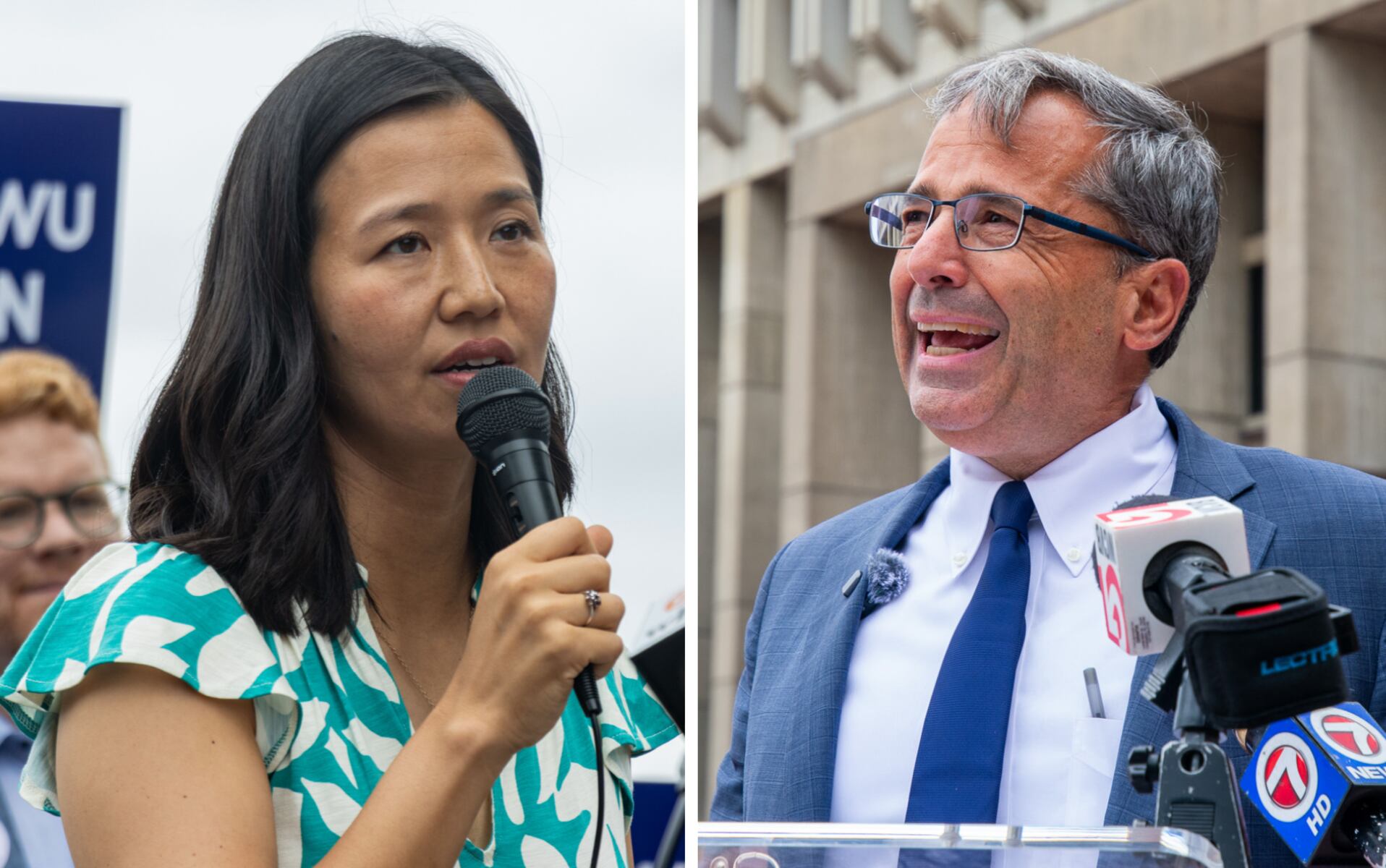UPDATE: With just days to go before Boston’s September 9 preliminary election, mayoral candidate Josh Kraft is intensifying his attacks on incumbent Mayor Michelle Wu. Kraft, trailing in recent polls, has accused Wu of collaborating with allies on the City Council to delay critical hearings on pressing issues, claiming this tactic is designed to sidestep controversy until after the election.
Standing outside City Hall alongside Councilors Erin Murphy and Ed Flynn, both vocal critics of Wu, Kraft highlighted the administration’s failure to address urgent matters at the troubled intersection of Massachusetts Avenue and Melnea Cass Boulevard, the epicenter of the city’s substance abuse crisis. Flynn’s resolution to declare a public health emergency in the area was sidelined, with Kraft declaring, “This is where proposals go to die.”
Kraft’s remarks come as he calls attention to multiple delayed issues, including sidewalk repairs, trash collection, and school safety concerns. “The City Council needs to be heard,” he emphasized, criticizing Wu’s administration for its handling of democratic processes.
Wu defended her administration, citing scheduling conflicts for the postponed hearings. “We do our very best to respond to the many requests from councilors,” she stated, referencing the challenges of accommodating everyone during a politically charged campaign season.
In a separate press conference, Kraft seized on claims from a watchdog group alleging that city assessors unfairly inflated property taxes for commercial real estate owners challenging their valuations. Both city and state officials have dismissed these allegations as groundless.
Kraft, son of New England Patriots owner Robert Kraft, launched his mayoral campaign in February, targeting Wu on various issues, including Boston’s housing crisis, the skyrocketing costs of renovating White Stadium, and rising public drug use. Wu has countered by scrutinizing Kraft’s campaign finances and his family’s plans for a new soccer stadium in nearby Everett.
As the election looms, a July poll by Suffolk University and the Boston Globe revealed Wu leading Kraft with 59% to 29% among likely voters, while two other candidates, Domingos DaRosa and Robert Capucci, trailed at 2.8% and 0.8% respectively. With 6.6% of voters undecided, the race remains competitive.
As the summer draws to a close, the Kraft campaign is optimistic that more voters will engage in the election discourse. “Most voters have been focused on other things and are just starting to pay attention,” said Will Keyser, a senior adviser to Kraft.
Early voting for the preliminary election begins this Saturday, with two candidates advancing to the general election scheduled for November 4, creating a critical opportunity for both candidates to sway public opinion in the coming weeks.
Stay tuned as this rapidly evolving race unfolds.



